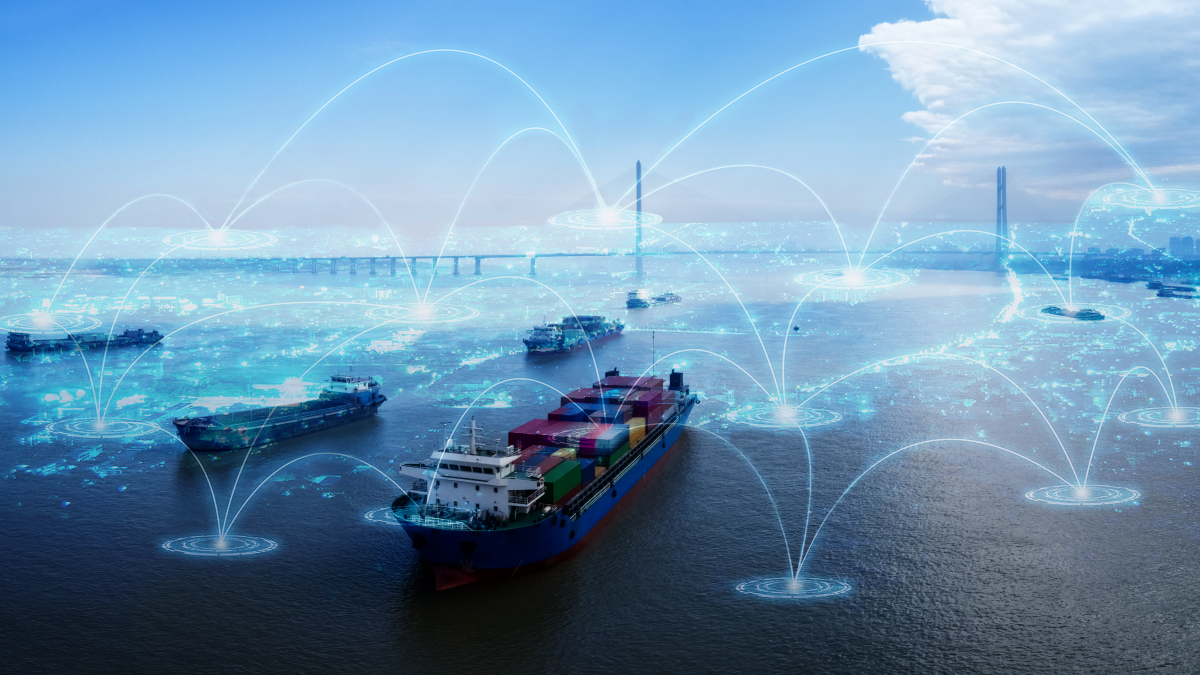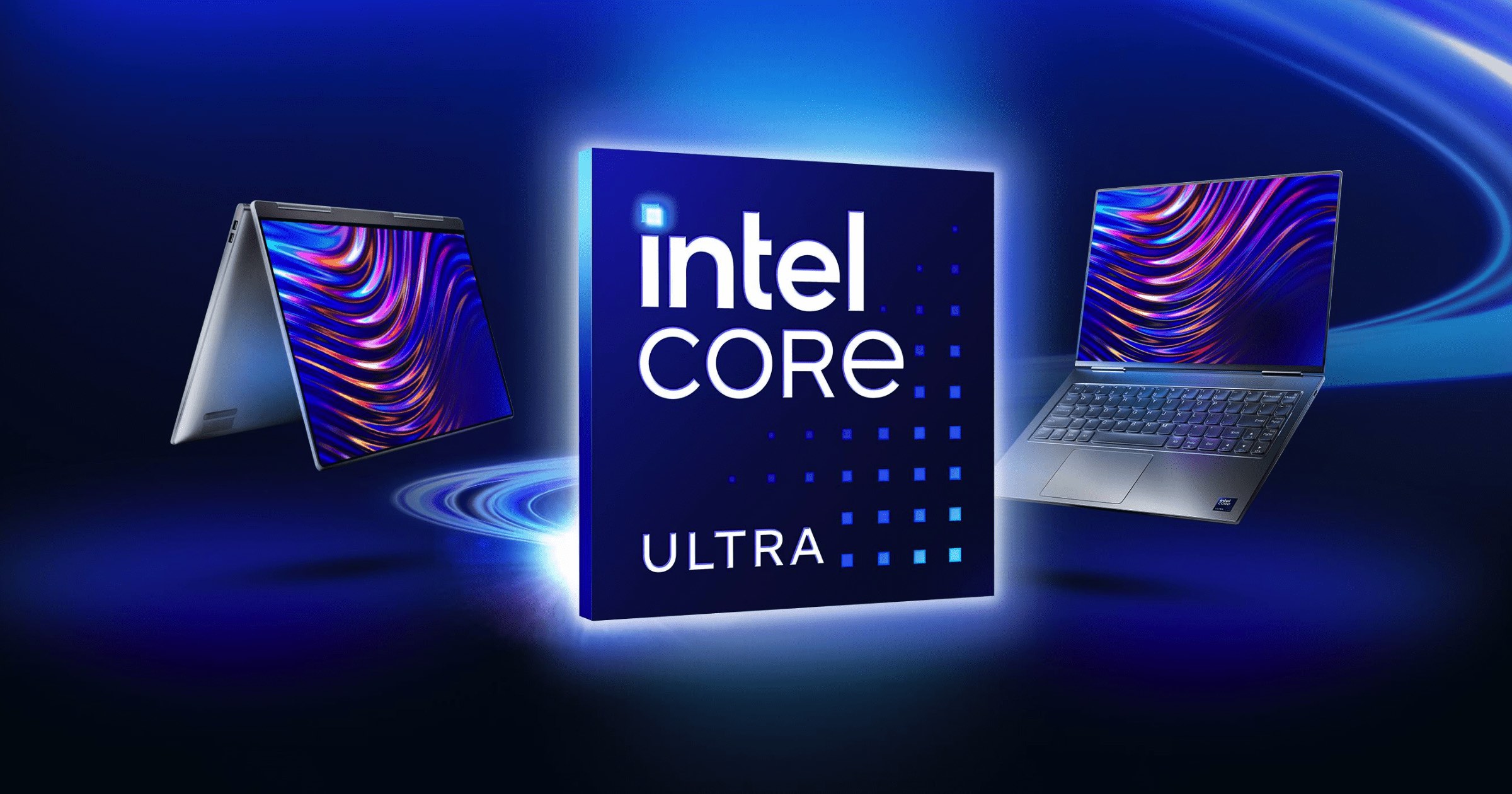Technological Innovations in the Maritime Industry
The maritime industry, one of the oldest modes of transportation and trade, has undergone significant transformations over recent decades due to technological advancements. These innovations are reshaping global shipping, navigation, safety, and sustainability within the field of seafaring. By incorporating sophisticated technologies such as artificial intelligence, renewable energy sources, and smart logistics, the maritime industry is moving towards a more efficient, secure, and eco-friendly future. This article explores key technological advancements that are redefining the maritime landscape.

1. Autonomous Ships: The Dawn of Self-Sailing Vessels
The Rise of Autonomous Navigation
Autonomous ships, or unmanned vessels, are transforming the maritime industry. Using a complex network of sensors, artificial intelligence, and satellite-based communication systems, autonomous ships can navigate, detect obstacles, and make real-time decisions without human intervention. These systems rely on a combination of LiDAR, radar, and high-resolution cameras, which collectively allow the ship to map out routes, avoid collisions, and operate … Read more
Continue Reading


